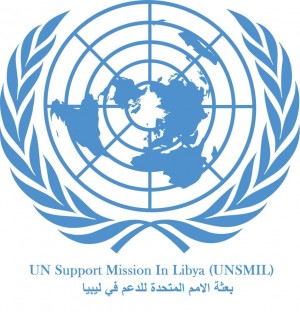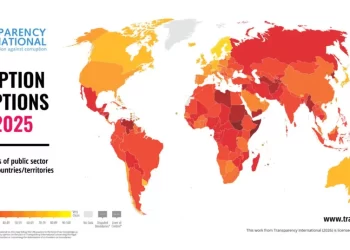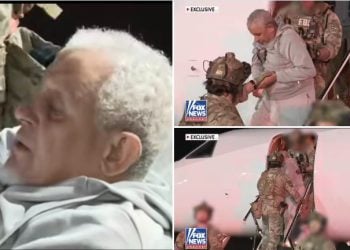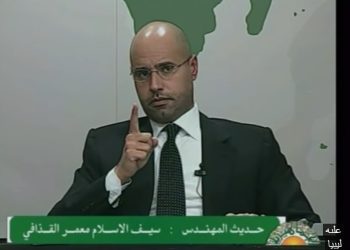By Sami Zaptia.
London, 29 April 2020:
The day after Khalifa Hafter, commander of the Libyan National Army (LNA), announced his revocation of the Libyan Political Agreement (LPA) – or a coup against the democratic process – the international community was swift in its rejection of his announcement and reaffirmation of the UN Security Council supported Libyan Political Agreement (LPA).
The LNA is recognized as the official Libyan army by the House of Representatives (HoR), Libya’s internationally recognized parliament and Hafter was appointed by HoR head Ageela Saleh.
The LPA was a peace agreement signed in the Moroccan city of Skhirat in December 2015 after the Libya Dawn 2014 coup in Tripoli against the democratically elected authority and in rejection of the parliamentary election results.
UNSMIL reported that Acting SRSG and UNSMIL head, Stephanie Williams, had discussed the latest developments in Libya with the internationally recognized prime minister of Libya, Faiez Sarraj, in a telephone conversation yesterday.
It reported that she had briefed Sarraj on her latest outreach with Libyan and International interlocutors, stressing that the LPA and institutions emanating from it remain the sole internationally recognized framework of governance in Libya as stipulated by UN Security Council Resolutions. She reaffirmed that political change must take place through democratic means.
Williams also renewed her call for an immediate humanitarian pause during the current holy and fasting month of Ramadan, paving the way for a lasting ceasefire based on the outcomes of the UNSMIL facilitated 5+5 Joint Military Committee talks in Geneve and a return to the political process as endorsed by the Berlin Conference outcomes.
In another telephone call to Faiez Serraj, the US Embassy announced that U.S. Ambassador Norland had reiterated the U.S. position, affirmed by the UN Security Council, that the Libyan Political Agreement and its associated institutions, including the Government of National Accord (GNA), are the sole internationally recognized framework for Libya’s governance and political transition.
The Ambassador reiterated the U.S. rejection of Libyan National Army (LNA) commander Haftar’s effort to unilaterally proclaim a new political future for the country. It reported that the United States once again calls on the LNA to halt its military operations around Tripoli so that a process of de-escalation can begin and the parties can implement the ceasefire agreement negotiated in 5+5 format in Geneva on February 23.
Norland had assured Serraj that the United States believes lasting peace and stability in Libya and tangible steps to protect the interests of all Libyans can only be achieved through inclusive dialogue and negotiations. In that spirit, the path of dialogue is open to all responsible Libyan parties that are prepared to put down their weapons, reject foreign interference, and come together through exclusively political means on the issues that divide them.
Speaking to media outlets, yesterday, Russia’s Foreign Minister Sergey Lavrov was reported as saying “we do not approve of the declaration by Marshal Haftar according to which he would unilaterally decide the way in which the Libyan people will live.” He had also complained that none of the parties in Libya want to find a stable solution.
French Foreign Ministry spokesman, without mentioning Hafter by name, said that unilateral decisions would not solve the Libyan crisis and that the solution had to come from dialogue.
In its comment on Hafter’s announcement the Italian embassy said ‘‘In taking note of General Haftar’s recent statements, Italy reaffirms its full support and recognition to the legitimate Libyan institutions recognized by the international community: Presidential Council, Government of National Accord, House of Representatives and High Council of State.
Italy stresses that any decision on the future of Libya must be taken by consensus and democracy in the wake of the Libyan Political Agreement in Skhirat in December 2015 and the stabilization process led by the United Nations as part of the Berlin Process.
In this context, Italy renews its call on the parties to join a ceasefire during the holy month of Ramadan and to work constructively towards achieving a lasting ceasefire.’’







